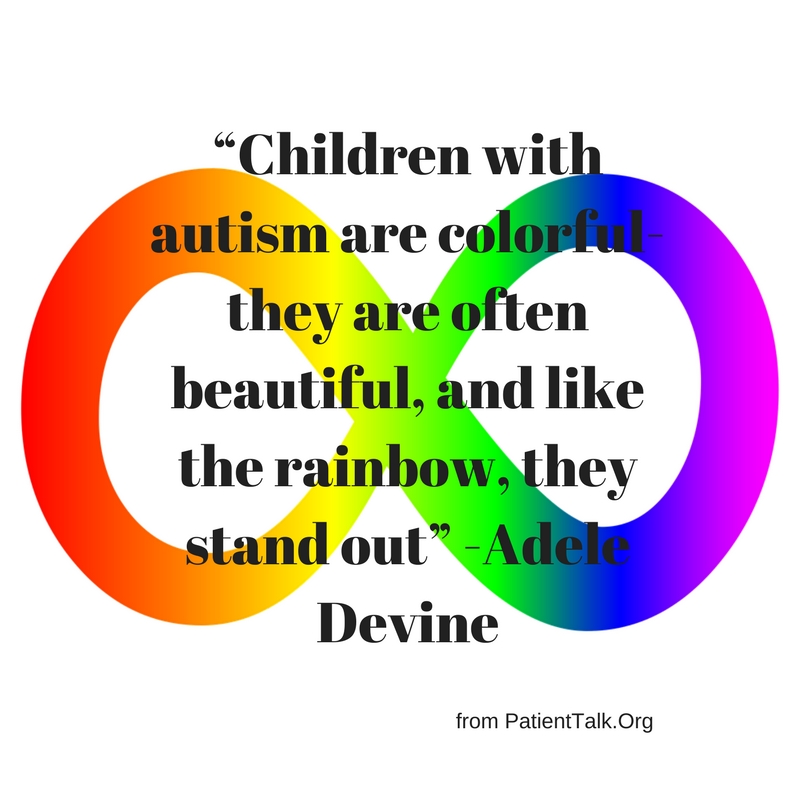
“Children with autism are colorful- they are often beautiful, and like the rainbow, they stand out” -Adele Devine
Autism is a range of conditions that are characterized by challenges with communication, repetitive behaviours, social skills, and unique strengths or differences. There are many forms of autism, and it is diagnosable in a child, as early as 18 months into their life.
Autism affects not only the child but the parents raising them. Nearly 1/3rd of those living with autism are non-verbal, and another 1/3rd often have an intellectual disability. In this article we look at how raising an autistic child can affect the parents, and some ways to make raising a child with autism easier on the parents.
Career Loss
You may not have planned on being a stay home parent, but being a caretaker to an autistic child will take much more time and effort on your part, and if applicable the on the part of your partner. Much of your time will be dedicated to caring for them, calming them, and being there for them. Many traditional babysitters won’t take on an autistic child, in fear of harm to the child or themselves, so at least one parent will be spending enough time with them, that both parents working will become impossible.
This can be mitigated in part by special-care workers, who are trained specially for the job. However, these care workers are often more expensive than babysitters, so you are often caught in a catch 22. You can’t afford a care worker, but you can’t leave your child to work.
There are also intense training programs designed to help you get through the worse – but these are general courses, and your child is an individual with very specific needs and requirements, so you must be there to adapt your training, to what works with your child.
Social Life
An autistic child may enter fits which are seemingly incomprehensible to the parents. This often leads to a child being isolated in a safe and controlled environment. An act as simple as seeing a bird may set off a child, as can strange people or environments. This means that you may not be able to take your child with you to a park, picnic, on family outings, or even to the grocery store. Of course, if you can, and something sets them off, it may be hard to calm them down, and they could easily cause untold damage to their surroundings, people, or even themselves.
Though your social life may suffer, it’s vital that you don’t allow it to end. Your child may be able to make friends, and it’s important to encourage him to try, but, not force him. It may be possible to help your child become comfortable around your friends, in a controlled environment, by slowly introducing them to one another over time. It’s important to realise though, that once your child has had enough – his wellbeing is a priority, and you will have to cut any visits with your friends short.
Communication
In many cases, autistic children have a very different way of communicating with others than you or I. They may be able to use some speech, but often they are completely non-verbal. It is essential to find a way to communicate with your child.
This can be stressful, and in many cases communication from an autistic child may be inappropriate. For example, a child may pick up a food item he likes – but throw away one he doesn’t. This may be appropriate in a home, but in a grocery store not so much.
It will take time and dedication to develop a way of communicating with your child, and if it seems like you’re learning or even creating a new language – that’s because you are.
Insomnia
The stress of raising an autistic child can lead to many sleepless nights, which affect your performance, mood, and ability to care for your child properly. Though sleeping pills are an option, they often leave you groggy and irritable, or worse, unable to wake up in an emergency.
Home Remedies for Life recommends warm milk with honey, as a natural tranquilliser to help you sleep, while avoiding the sedative effects of chemicals.
Structure
Autistic children often do better in well-structured environments. This includes learning, and playing. Even the slightest changes could set off a tantrum, so it’s important that you are able to develop a structured schedule for your child, and stick to it. Of course, this needs to be balanced with change – such as teaching new skills – but even then, the change itself should be structured.
For this reason, Autistic children often do not do well in school. However, they also often show a great potential for learning. In a proper environment with structured activities that feed to your child’s interests, they can strive, learn, and have fun.